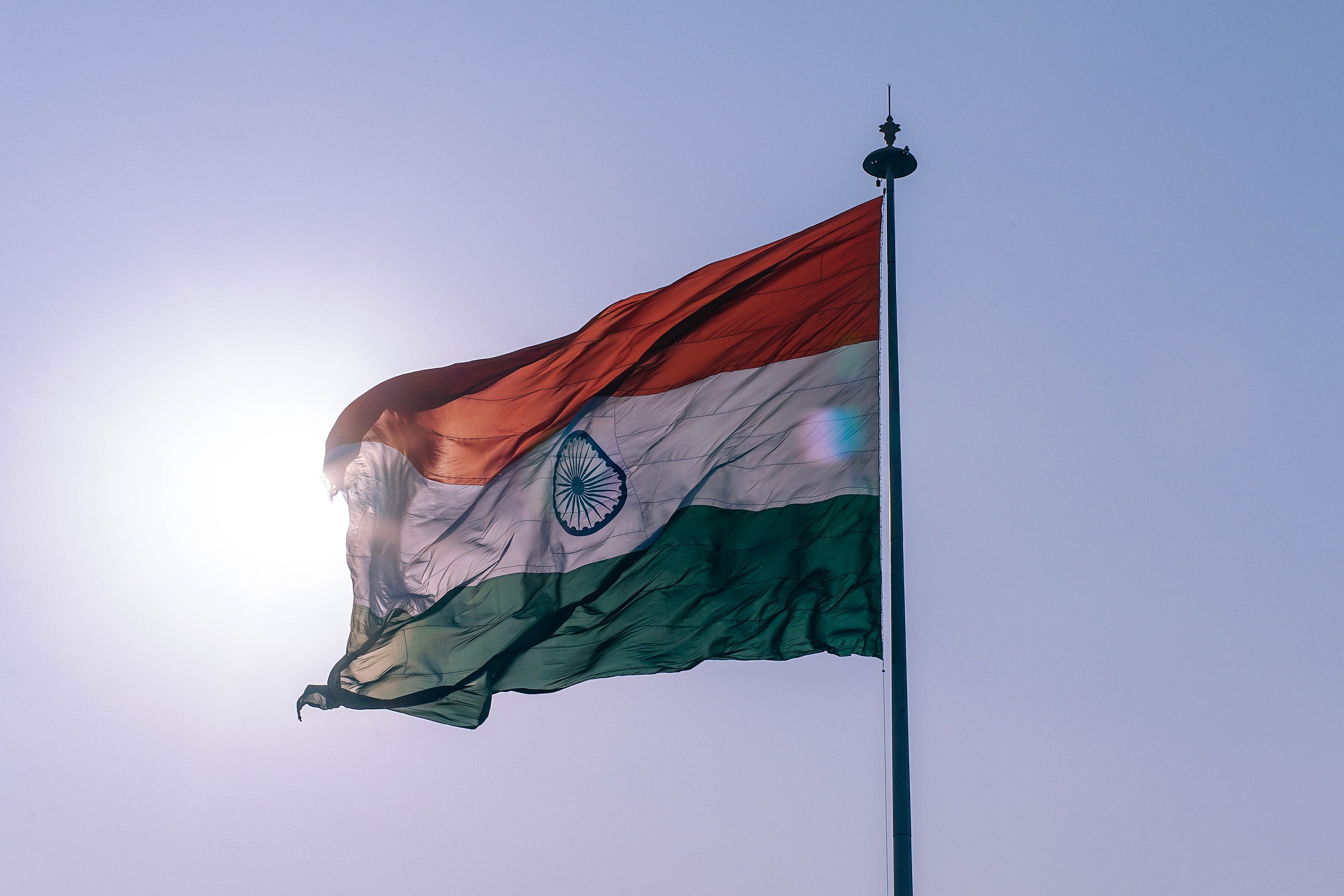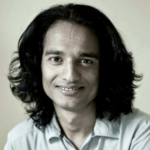
 By Kaushal Kishore*
By Kaushal Kishore*
It was on Sunday, March 12, 2023, that Prime Minister Narendra Modi paid tribute on Twitter to Mahatma Gandhi and all others who took part in the Dandi march. Exactly two years ago, on the anniversary of the Salt Satyagraha, the Amrit Mahotsav of India’s independence started with a view to commemorate the 75 years of independence. A series of events were initiated on patriotism and nationalism that leaders like Rahul Gandhi and Narendra Modi have been leading these days. The Congress leader has tried hard with the help of Bapu’s great-grandson, Tushar Gandhi. Last year, they were walking together, when the Bharat Jodo Yatra crossed Maharashtra. Rahul seems to have removed the last pieces of his cloak and cover of a Sufi during the London visit. It reminded the Emergency when certain opposition leaders tried similar efforts on foreign land.
The treasury bench has been giving voice to a demand for a public apology from the Congress leader on certain comments made during his London visit. In addition to the Opposition’s demand for setting up JPC (Joint Parliamentary Committee) to probe the Adani case, this is the reason going to disrupt the second part of the Budget session. The Parliament doesn’t function on account of these two issues.
There are businesses on the table. The Waqf Repeal Bill, the Constitution (Amendment) Bill, the Prevention and Eradication of Human Sacrifice and Other Superstitious Practices Bill, and the Facial Recognition Technology (Regulation of Police powers) Bill are on the table in the Upper House. The Tourism Promotion Authority Bill, the Code of Criminal Procedure (Amendment) Bill, the Unemployment Allowance Bill, Agricultural Workers Welfare Fund Bill are on the table in the Lower House. It seems the deadlock is serious, and the BJP is stuck with Adani and the Congress with its own leader.
Meanwhile, the apex court appointed a six-experts panel on the case dealing with the Adani-Hindenburg controversy. The court sought a report from the experts’ committee headed by Justice A.M. Sapre within the next two months. It has further directed the Centre, financial statutory bodies and the Securities and Exchange Board of India (SEBI) to render the best help to the panel. Its five other members are former State Bank of India (SBI) chairman OP Bhatt, Justice JP Devdatt, veteran banker KV Kamath, Mumbai-based lawyer Somasekhar Sundaresan and Infosys co-founder Nandan Nilekani. The panel will submit its sealed report to increase the temperature when the summer will be at its peak in the national capital.
Salt March was one of the most determined public efforts in history against the injustice that Prime Minister Modi referred to. He seems to invoke the masses in order to improve the quality of life and public service with a series of five pledges (Panch Pran) from the ramparts of the Red Fort. He has defined the period of the next 25 years as Amrit Kaal indicating a sort of golden era that can redefine the dreams of Achhe Din (good days). It was embedded around ambitious dreams to be among the developed nations of the world by the time India celebrates the centenary of its independence in 2047.
The pledge that started with the idea of a developed India widened to remove colonial psychology and its emblems. The third pledge is teaching us to be proud of our cultural heritage. The protection of the integrity and unity of India is the next pledge. And the last one can remind every citizen of his or her duty instead of the rights that the Constitution of India guarantees. Certain leaders of the Congress Party are trying hard to present it as a violation of fundamental rights.
These five pledges are centred around science and technology to ensure greater control in the air and water, and on the other hand, it seems to promote harmony with Mother Nature. Cultural value is promoted as an integral part of it. The Prime Minister has identified strengths in indigenous diversities and focused on the seven critical areas including the Sustainable Development Goals. It can be a combination of prowess that is reflected in Shivaji, Savarkar and Gandhi. The five pledges can help define the India Moment with the fragrance of the flowers of the Devil’s tree (sapt-parni).
Two decades before the Salt Satyagraha, Mahatma Gandhi wrote Hind Swaraj on a voyage from Europe to South Africa in 1909. However, it’s based on the dialogues with his friend, Dr Pranjivan Mehta. Barrister Gandhi was visiting London to obtain British support for the South African cause and also to promote his first biography by a fellow companion, the Baptist Minister Joseph Doke. Mahatma Gandhi and the Hindutva icon Savarkar had a series of interactions during that London visit. Once again London visit of yet another Gandhi, not at all related to the Mahatma, has been in the frame now.
The caveat that Rahul referred to is noticeable as the fact that Mahatma Gandhi was the chief guest on Dussehra at the India House at the invitation of Savarkar, who had chaired the event. He clearly said, “First of all, this is our problem, it’s an internal problem, the Indian problem, and the solution is going to come from inside.” Today it’s necessary to explore the possibilities contained in it. Moreover, it is as significant as the fact that the two parties had cooked the vegetarian dishes together before the dialogue on that Dussehra. As such, revisiting Mahatma Gandhi and Savarkar can help Indian democracy to mature and to define the India Moment.
Talking about different streams of the freedom struggle, the Prime Minister has shared the different means and ways to achieve the one objective. The Union Home Minister has focused on forgotten freedom fighters. He quotes Sri Aurobindo to define Extremist versus Moderate as Nationalist versus Loyalist reminding the spirit of Article 51A of the Constitution that was added to redefine the fundamental duties during the Emergency when 10 Fundamental Duties were added for the citizens. (The Fundamental Duties of citizens were added upon the recommendations of the Swaran Singh Committee that was constituted by the government in 1976).
Mahatma Gandhi alienated himself from the politics of Congress in order to promote constructive works to empower the village. Modi has been committed to the unity of purpose and the ideas of Hind Swaraj while being fully active in the political field. The two terms, Vishvaguru and the Atamnirbhar Bharat that are reflected in the Vocal for Local campaign can turn these celebrations of freedom into the realisation of Swaraj or Home Rule. As such celebrations of Amrit Kaal are going to define their relationship accurately.
Commitment to Panch Pran needs to strive for substantial consensus among most of the stakeholders. Perhaps its absence can introduce the two eclipses of this Amrit Kaal. So long as the political class is centred around winning elections without giving a serious effort to improve the quality of democracy, the crisis is going to worsen in the future. The ruling dispensation and opposition parties should focus on greater consensus in order to effectively address the crises, run the Parliament, and achieve the objectives of the five pledges.
*Author of The Holy Ganga (Rupa 2008) and Honourary Secretary, Srishti Sustainable Development Foundation.





